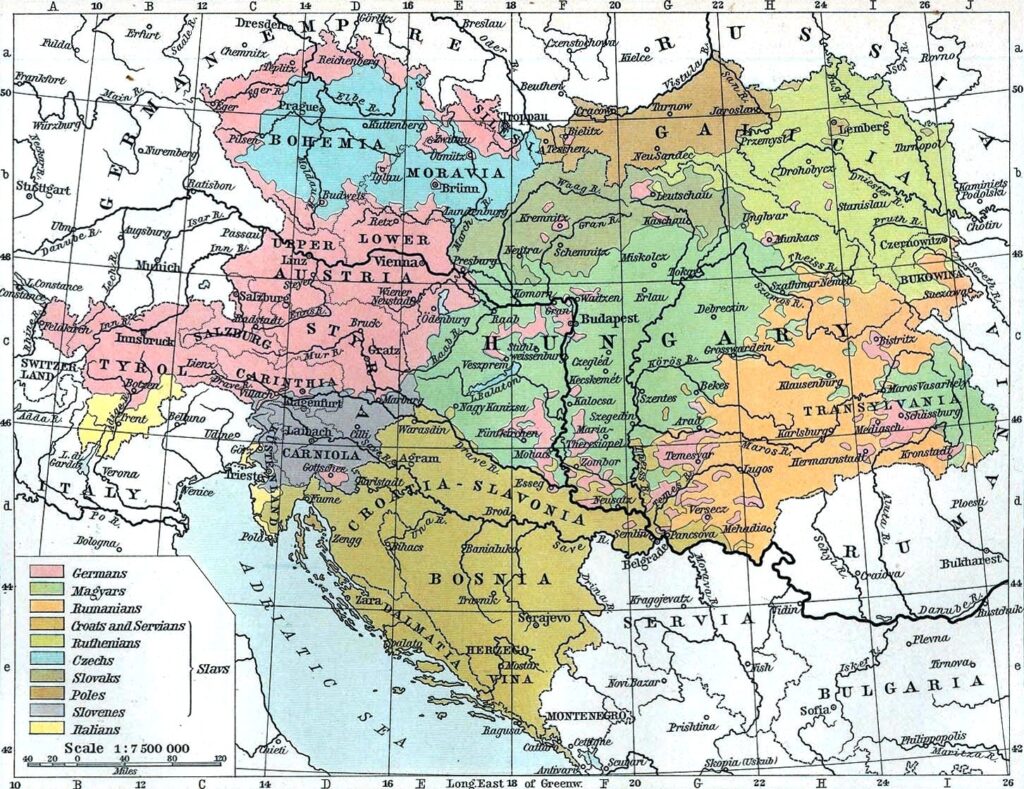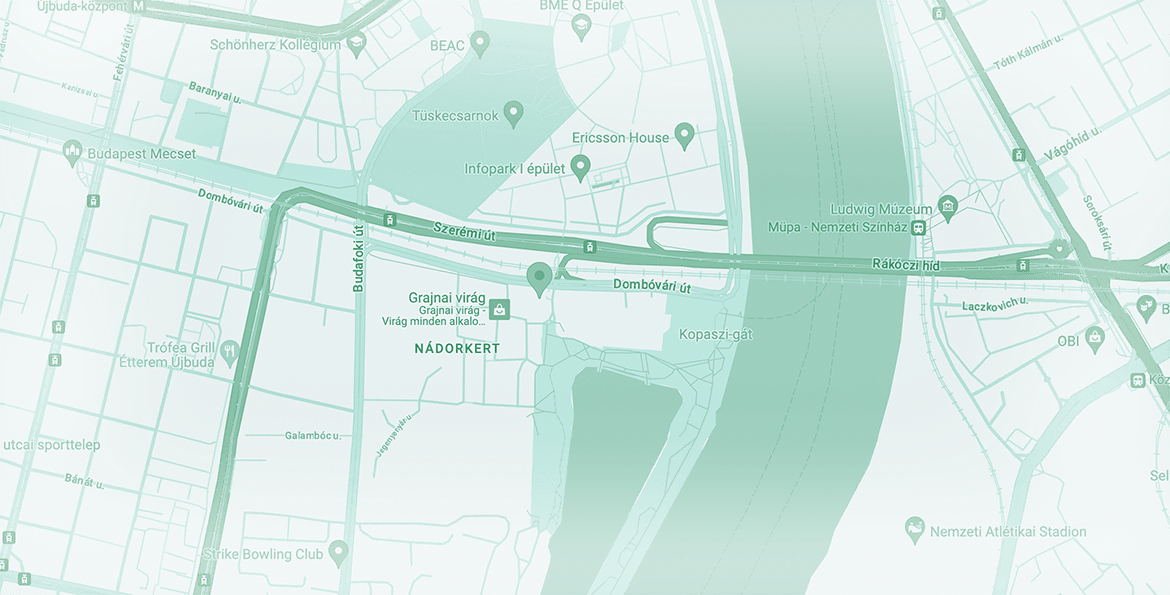
What is Trianon to Hungarians?
There is a saying “You know you are Hungarian if Trianon hurts”. But what is Trianon to Hungarians, and why should it hurt? Learn a bit of Hungarian history with us, and get a better understanding of what binds us all together.
There is a saying “You know you are Hungarian if Trianon hurts”. But what is Trianon to Hungarians, and why should it hurt? Learn a bit of Hungarian history with us, and get a better understanding of what binds us all together.
What is Trianon?
The Grand Trianon is a palace in Versailles, France. After World War I, this is where the peace treaty was signed on 4 June 1920, creating the current borders of Hungary. The peace treaty is usually referred to as a diktat in Hungarian, since it was a settlement imposed unilaterally on Hungary by the victors of war. The Treaty of Trianon is simply called “Trianon” in Hungarian for short.
Why does Trianon hurt?
Before Trianon, Hungary was part of the Austro-Hungarian Monarchy, which stretched over a substantial part of central Europe, including most of present-day Austria, Slovakia, the Czech Republic, Poland, Slovenia, Croatia, Serbia, Romania, and Ukraine as well as Hungary. As a result, it was not strictly regulated where people belonging to any ethnicity should live. Hungarians were indeed concentrated in the Carpathian basin, but there were many settlements in the neighboring regions too.
When the new borders were drawn, victors disregarded not only the historical, cultural, geographic, economic and strategic, but also the ethnic aspects of the region. While territories mostly populated by the various ethnicities were more or less assigned to corresponding successor states, huge chunks of territories obviously populated by ethnic Hungarians were not assigned to Hungary. As a result, many ethnic Hungarians found themselves citizens of “foreign” countries. They faced a choice of leaving their ancestral home and coming to Hungary, or staying in an environment that was often hostile against them.
Another blow after the destruction of war
The Treaty of Trianon was a shock to the Hungarian nation. Many decided to move to de facto Hungarian territory in the early 1920s, but many decided to stay behind too. Families were torn apart, careers ended, the work of many lives came tumbling down – even if they were spared by the preceding war. Many families still remember when their grandparents or great-grandparents had to move to Hungary, while currently still about 2.5 million ethnic Hungarians live in the neighboring countries (which equals one quarter of the population living within Hungary).
Hungary lost not only a substantial portion of its population. More than half of all kinds of previously Hungarian resources were assigned to now foreign countries, such as arable land, forests, roads, railways, mines, industrial parks, and banks. The decision made it very difficult for Hungary to recover from the destruction of war, and directly contributed to our participation in World War II.
Should Trianon hurt?
The Treaty of Trianon was signed more than a hundred years ago. It had a dramatic impact and long-lasting effects on the entire country, and the entire population. Many Hungarians still feel its effects in their everyday lives, whether they live in Hungary or in the neighboring countries. As a result, many still resent Trianon, and feel its injustice on a personal level.
You do not need to feel the same hurt and resentment to consider yourself Hungarian. However, understanding why many people still feel that way can bring you closer to your roots and connect to your fellow Hungarians.
Contact
Get in touch today
Monday - Friday
9am - 5pm CET
Helpers Hungary Kft
Budapart Gate
Dombóvári út 27
Budapest 1117, Hungary
If you’re visiting us, please use entrance A and come to the 2nd floor.





